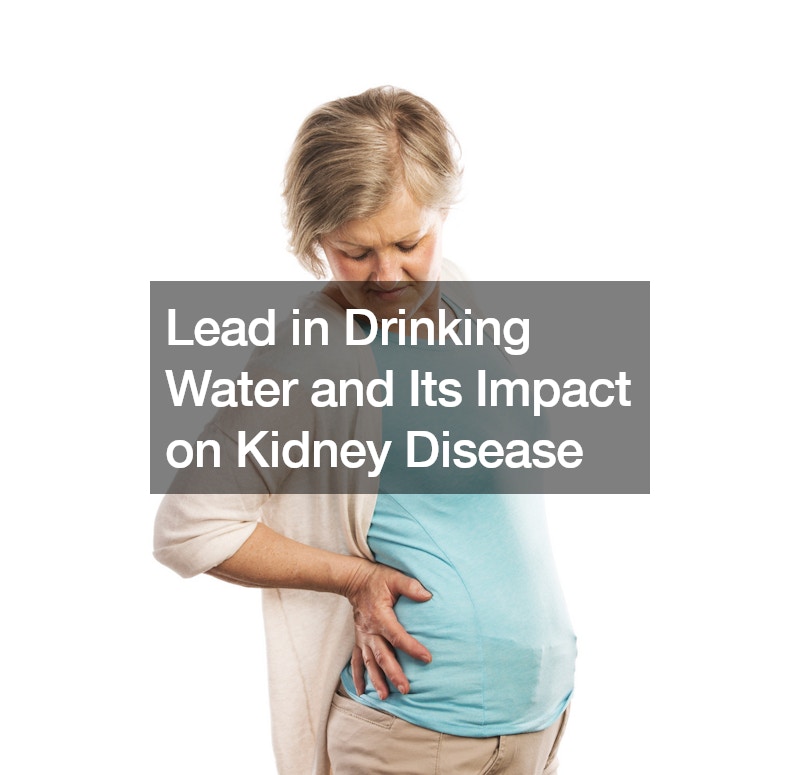Lead in Drinking Water and Its Impact on Kidney Disease

Lead contamination in drinking water poses a significant yet often overlooked threat to kidney health, even at levels deemed acceptable by regulatory standards. Research published in prestigious medical journals highlights that exposure to even minimal amounts of lead can exacerbate conditions in patients with advanced chronic kidney disease (CKD). The implications are particularly concerning for individuals nearing the onset of dialysis, where maintaining hemoglobin levels is crucial.
Scientific Findings on Lead Exposure
Studies, such as those featured in the Journal of the American Society of Nephrology, claim that lead exposure correlates with lower hemoglobin concentrations and increased reliance on erythropoietin-stimulating agents. These findings make the need for heightened awareness and proactive measures dire among healthcare providers and patients alike.
The Need for Heavy Metal Testing
Despite the severity of its effects, heavy metal toxicity, including lead, is not typically a primary focus in conventional kidney disease management protocols. This gap highlights the importance of regular heavy metal testing for CKD patients, which can be conducted through blood tests or hair mineral analysis. Such testing not only helps in assessing potential exposures but also guides targeted interventions to mitigate risks.
Practical Steps to Ensure Safe Water
In practical terms, individuals concerned about their water quality should consider testing kits readily available at hardware stores to check for lead contamination. Installing reliable water filters is also recommended as they effectively reduce lead levels, ultimately protecting them against potential health risks. Consider investing in a reliable home water filtration system to guarantee consistent protection for your household’s drinking water.
Protecting Kidney Health
Maintaining optimal kidney health involves monitoring and minimizing exposure to environmental toxins like lead. By staying informed and proactive, you can take crucial steps to protect your kidney function and overall well-being in the face of potential hazards posed by contaminated drinking water.
.

